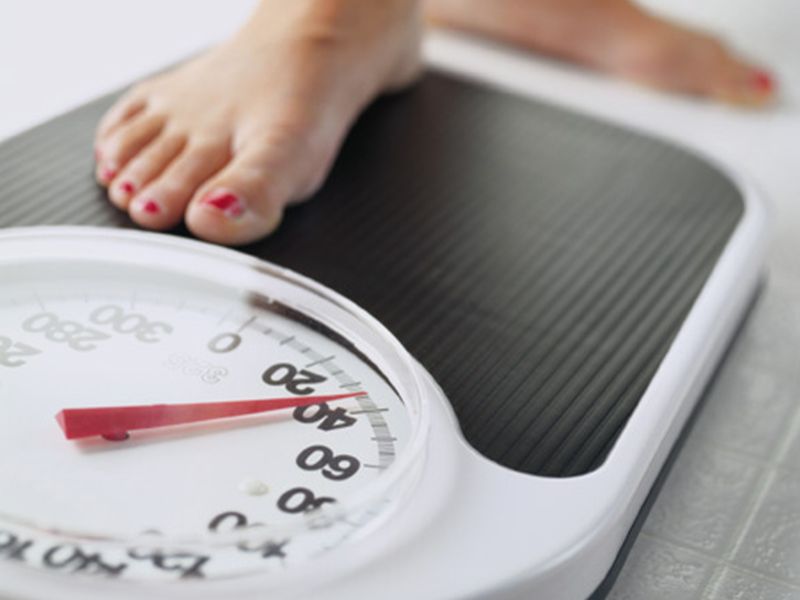
If you think a switch from sugar to a calorie-free sweetener might help you get healthier and shed pounds, think again. After years of research, there’s still only very weak evidence that no-cal sweeteners might be beneficial, according to German researchers who looked over data from 56 studies involving either adults or kids. The investigators… read on >






























